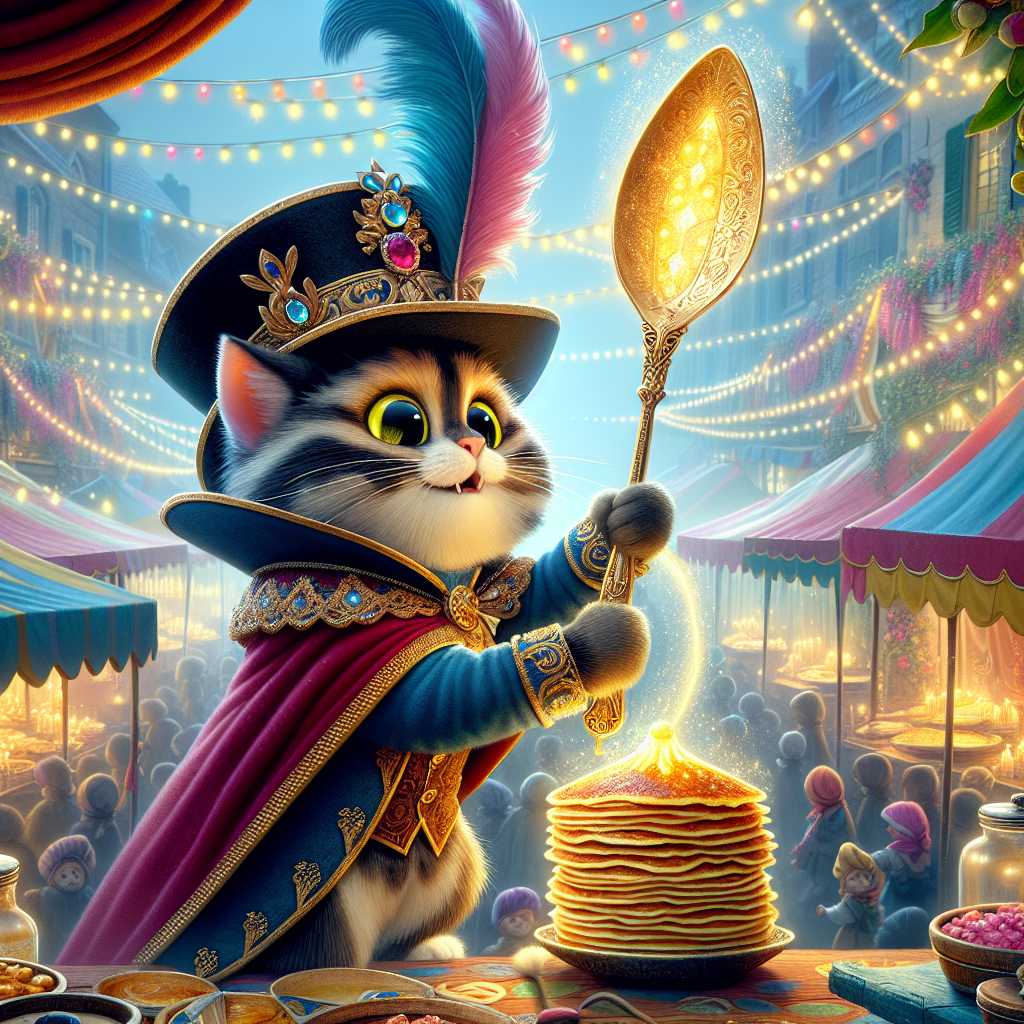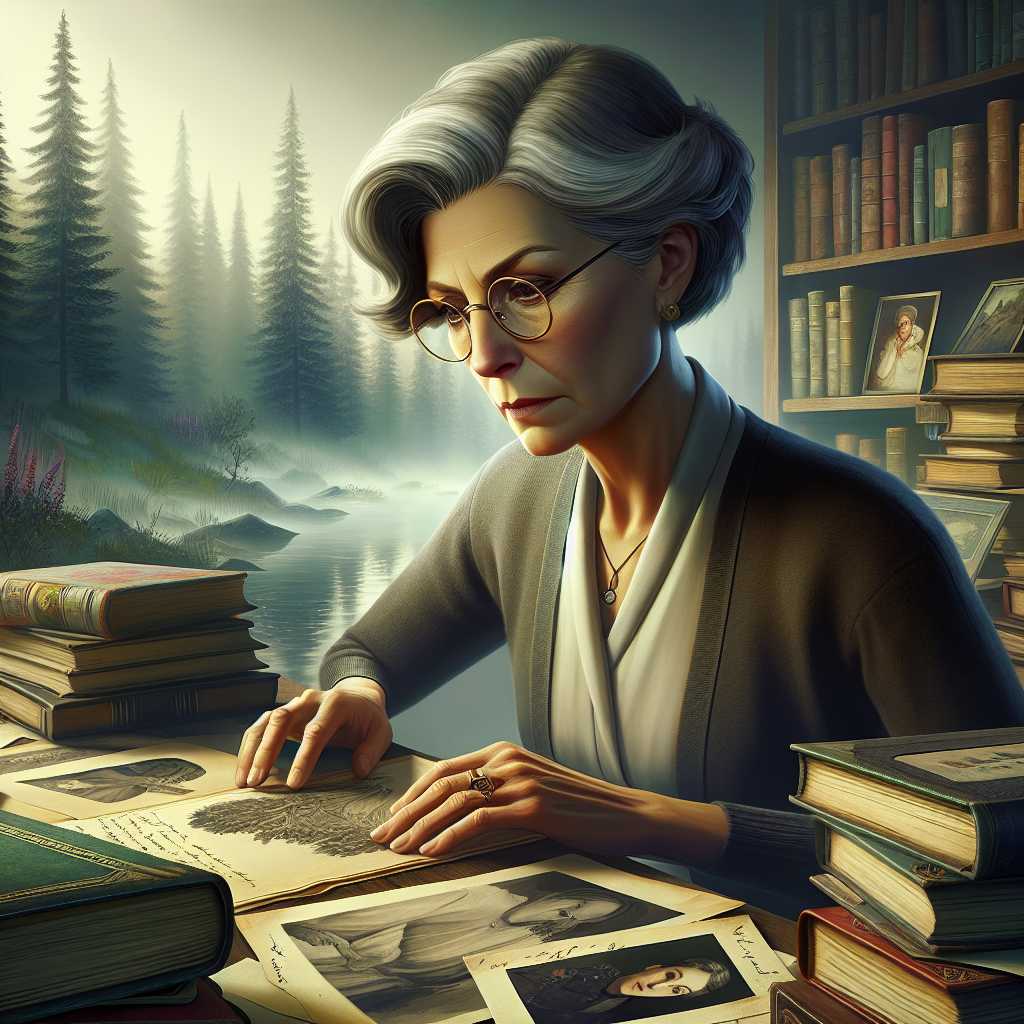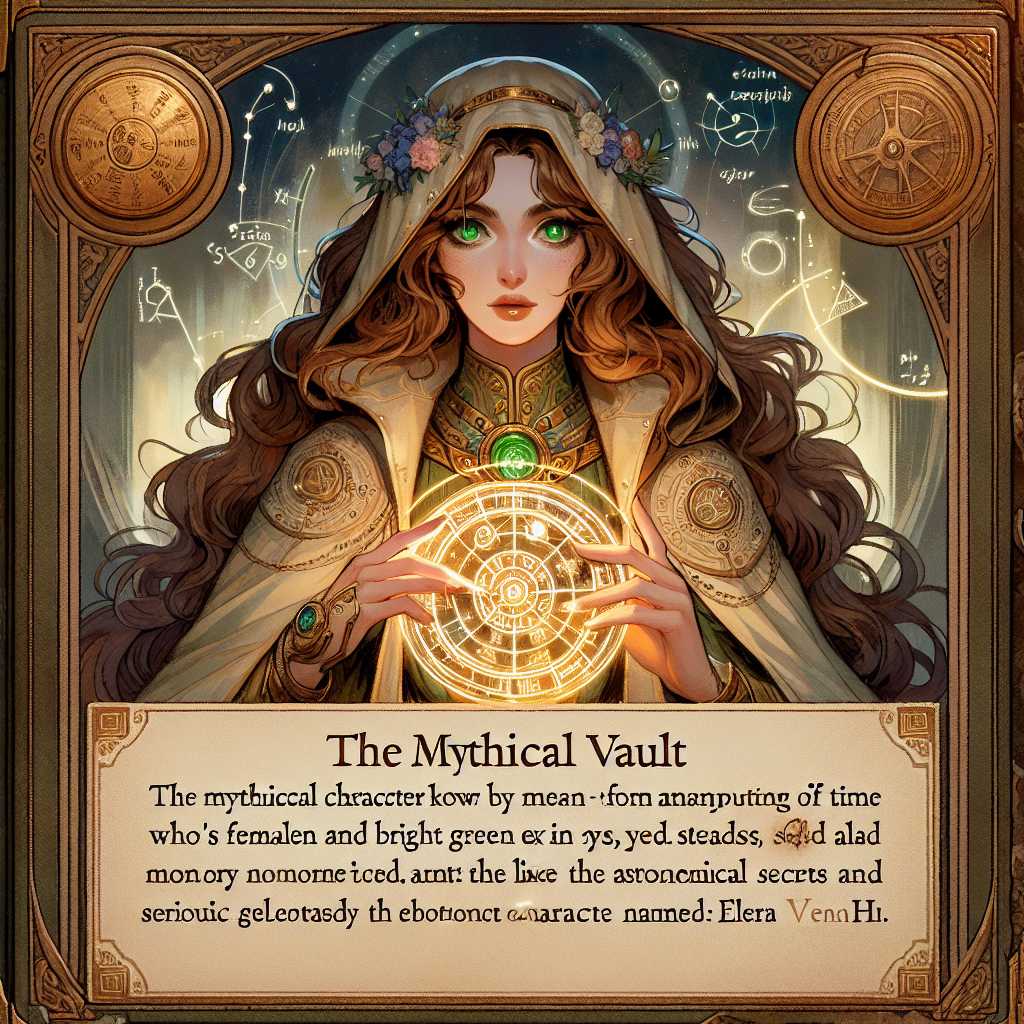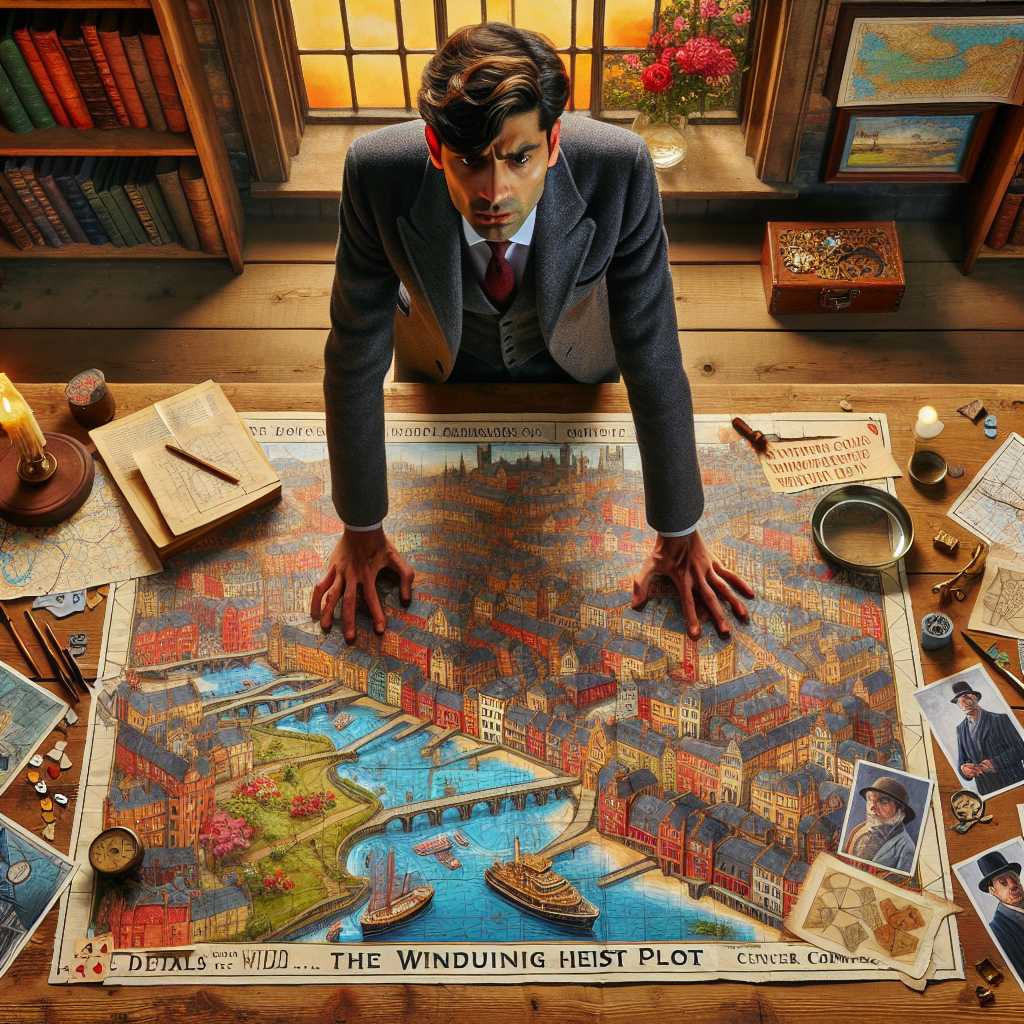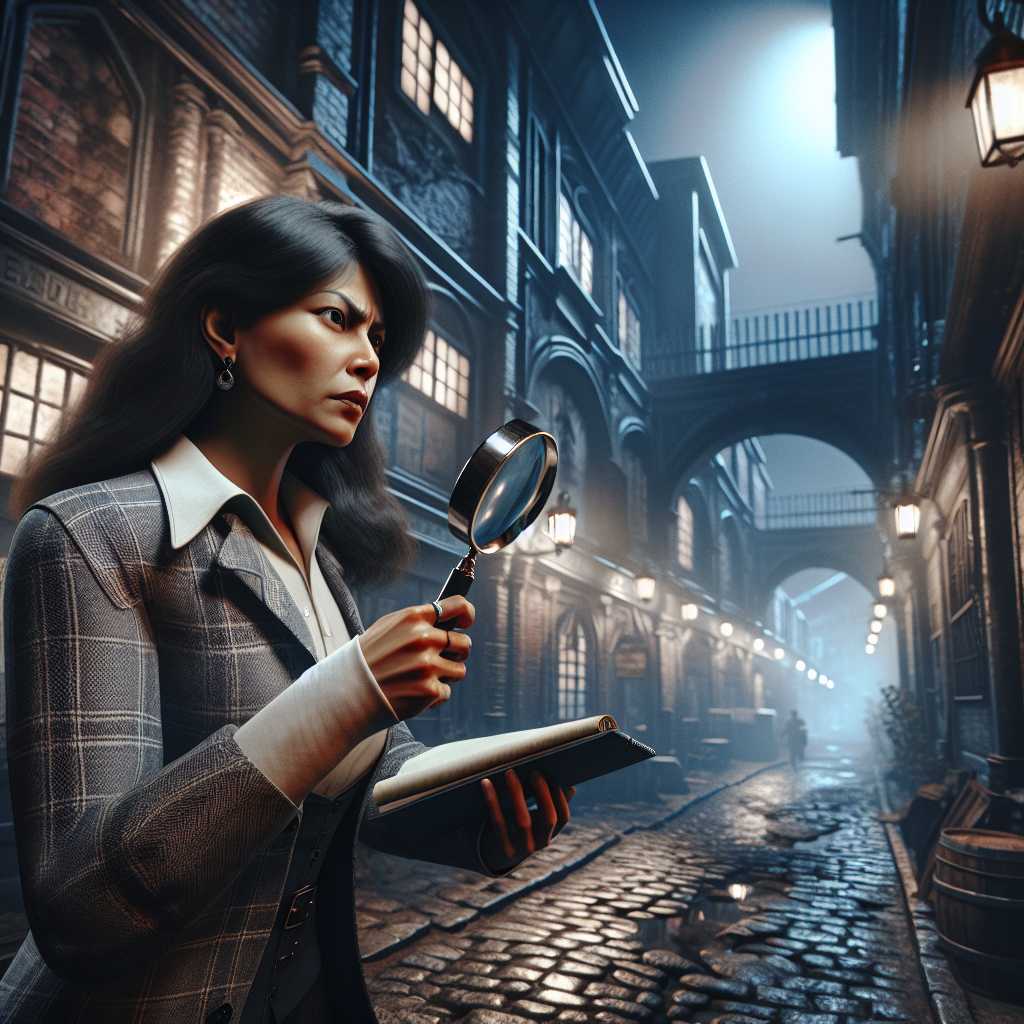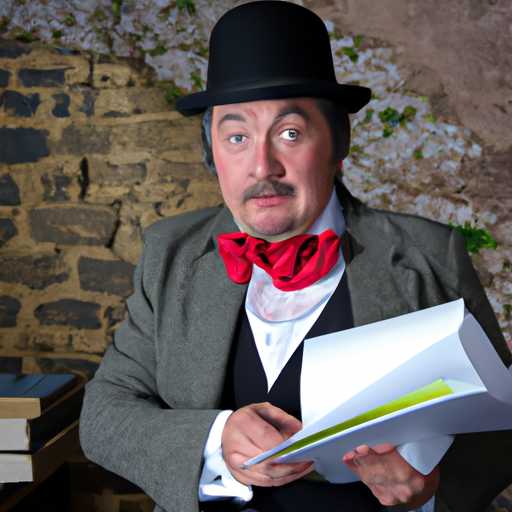
It was a foggy night, the sort that soothes the soul yet sets the spine a-chill. As lamplighters painted blurs of orange across cobbled streets, a figure detached itself from shadowed alleys of London town. Clad in a lengthy overcoat, the collar turned up against the biting wind, was the renowned Inspector Thomas Glyndwr, his cane clicking against the stone like a grim metronome.
He was headed towards Brookside Manor, summoned by a distressing missive that suggested the ungodly occurrence of murder. As he pushed the creaky wooden gates of the manor open, a desolate wind swept across him, carrying with it whispers of buried secrets and a tangible sense of unfeigned dread.
He entered the grand manor, greeted by near palpable tension that hung in the air like bitter smoke. The butler, a tall grey figure appropriately named Shadows, led him to the scene of the crime. In the restored Victorian study, lay sprawled on the teak desk was the unfortunate victim, Sir Rupert Weatherby, a renowned antique collector whose lifestyle was as much a collection of anachronisms as his artefacts.
Glyndwr noticed a dark halo blossoming around Sir Rupert's head on the desk. His eyes fastened onto the crystal paperweight, tainted by an unnatural crimson – an obvious, yet seemingly convenient murder weapon. Yet, Glyndwr knew better than to accept things at face value, his piercing gaze scanning for hidden details, chronicling every twitch of the room.
"Sir Rupert," he murmured aloud, "why did you have to depart in such a curious way? Your murder, alas, reeks of a hasty production rather than a carefully orchestrated symphony."
Towards evening, the inspector assembled the possible suspects in the drawing room. Among them, Lady Weatherby, Sir Rupert's much younger and beautiful wife whose blatant flirtations were well known across the county. Then, there was Peter, Sir Rupert's nephew, a promising barrister who always seemingly had a chip on his shoulder regarding his uncle. There was the family doctor, Dr. Wyatt - a close companion of the deceased but known for his gambling habits. Lastly, Shadows, the butler, whose past was a cryptic as his name.
"The murderer," Inspector Glyndwr began, his voice echoing through the tense silence, "did not choose the murder weapon wisely, or maybe he did, to point me, us, into an obvious but incorrect deduction."
He strolled across the room, unravelling the mystery like a crocheted quilt, bit by bit. “Peter, you had means and opportunity, but you lack the necessary wit to use an easy but misleading murder weapon. Dr. Wyatt, your habits may compel you to dire circumstances, but you always had other lucrative options.”
“Shadows, you have been in this house longer than anyone, you knew of every valuable, every corner, and every secret. But commit a murder? You are too wise to risk your livelihood and your freedom. Lady Weatherby, you had reasons aplenty, but it always struck me odd how an avid reader and poetess like you who crafts situations in words might resort to something as brazen as using an object so obviously incriminating as a weapon.”
"The murderer," the inspector continued, "is someone who thought they could use my perceptive nature against me. Well, I've always liked a challenge."
Glyndwr crossed over towards the door, opening it to reveal a scrawny young man, a police officer from the local precinct, his uniform showing signs of a scuffle. “Meet Officer Garland, he delivered the message summoning me,” the inspector said. “He was also found prowling in the manor’s garden.”
Officer Garland, everyone assumed, was there on duty. His uniform gave him anonymity, his insignificance gave him invisibility, but his overconfidence betrayed him. He hoped to pin the murder on one of the residents, taking advantage of Glyndwr’s reputation of not ignoring any details, especially an object as evidently incriminating as the paperweight.
"But while everyone else thought I would be easily directed towards the conveniently evident, he forgot that I have a penchant for the obscure, the subtle,” Inspector Glyndwr explained, a small ironic smile playing on his lips.
And so, in the eerie shadows of Brookside Manor, truth was revealed, unceremoniously stark. Inspector Glyndwr, with his unerring observance for detail, had once again unveiled a well-wrapped mystery. Yet, he knew, with the first rays of dawn, another riddle would be waiting, craving his Sherlockian attention. And London Town would continue to bear tales of his wisdom.



